
Apparel DECODED
Previous edition: 11 Apr 2024
Share article
Get the full version straight to your inbox.
Exclusive access to our best-in-class data & intelligence
Subscribe now
What the clampdown on de minimis loophole abuses means for US apparel
Just Style explores the ‘de minimis’ loophole in US import law and considers how it is affecting the apparel sector.
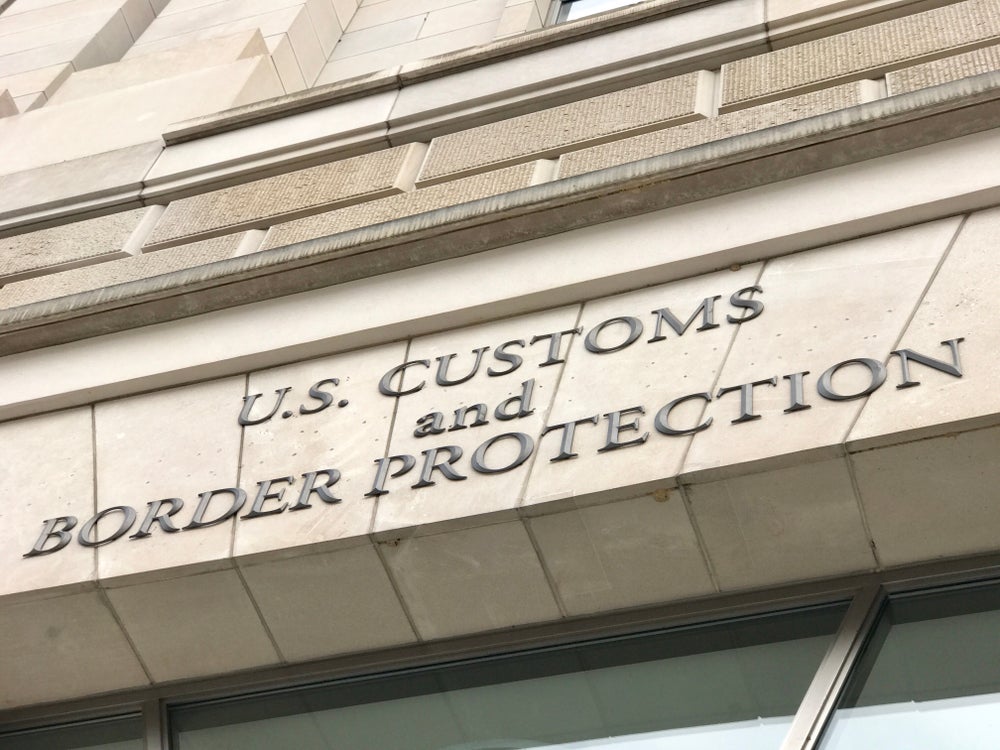
As e-commerce continues to increase its share of the global apparel market, and consumers increasingly look to cheaper online brands, a small piece of US customs legislation is becoming a hot topic.
While the de minimis rule may seem like a simple, straightforward rule on import duty, recent years have seem the exemption for packages valued under $800 come under scrutiny.
What is the ‘de minimis’ loophole?
‘De minimis’ is a legal term that refers to matters that are too small to be meaningful.
In US law, Section 321 of the Tariff Act of 1930 is the statute that describes the de minimis rules, which mean that all import shipments worth less than $800 are exempt from import tariffs. Prior to 2016, the threshold was $200.
How many packages are imported under de minimis rules?
Data from the US Customs and Border Protection (CBP), shared with the US Select Committee on the Chinese Communist Party (CCP), estimated that 1.05bn shipments entered the US under de minimis rules in 2023. By 1 March 2024, an estimated 485m shipments had already entered the country in FY24.
Chairman Mike Gallagher estimated that 94% of all import transactions enter the US under de minimis rules. He added that these imports account for “90% of illegal narcotics, agricultural goods and counterfeit seizures by customs”.
Why is the exemption controversial?
Some US businesses claim the exemption on duty for de minimis packages make it difficult for local businesses to compete with the prices offered by e-commerce businesses located outside of the US.
Chairman Gallagher explained in a statement: “Exploitation of the de minimis exemption is accelerating the export of American jobs and giving Chinese companies using Uyghur forced labour a complete pass. We can’t expect American companies to compete with foreign companies that don’t have to pay taxes. Unless Congress takes urgent action, American retail will be forced to shift US operations and jobs to China.”
There is also suggestion that the de minimis rule makes it harder for CBP to enforce legislation on forced labour, counterfeit goods and unsafe products. This has come under particular scrutiny thanks to the increased number of packages now arriving into the country, due to the popularity of international e-commerce sites.
The Select Committee on the CCP claims that the “overwhelming volume” of small packages entering the US under de minimis rules “limit CBP’s ability to identify and interdict high-risk shipments”.
The National Council of Textile Organization's president and CEO Kimberley Glas has previously claimed that the de minimis loophole, alongside the US government's failure to fully enforce the Uyghur Forced Labour Prevention Act (UFLPA), is devastating US textile and garment makers.
In March 2024, a new bipartisan coalition launched, hoping to close the de minimis loophole. It claims the loophole is being exploited by China and other foreign entities to allow goods produced through forced labour as well as counterfeit and harmful consumer products into the US market.
Is the de minimis rule likely to change?
While the law itself looks unlikely to be changed, despite calls from the NCTO, enforcement of US customs rules looks likely to become more stringent in the coming months.
The US Department of Homeland Security (DHS) has announced plans to “crack down on illicit trade” in a bid to support jobs in the US textile sector.
The plans will see strengthened enforcement of the UFLPA and will see “intensified targeting of small package shipments”. This will include laboratory and isotopic testing.
How is DHS changing its approach?
The new enforcement plans include:
- robust inspections and enforcement of UFLPA
- expanded audits and increased verifications on free trade agreement rules of origin
- increased inspections and testing for small internationally-shipped de minimis packages
- an expanded UFLPA entity list to identify more textile producers
In a statement, Robert Silvers, undersecretary for policy and chair of the Forced Labour Enforcement Task Force at DHS said: “DHS is committed to expanding the UFLPA entity list and sending a strong message to the importing community that the United States has zero tolerance for forced labour in our supply chains.
"Enforcing our forced labour laws protects human rights and businesses and workers who play by the rules and should not be undercut by predatory and abusive labour practice.”
How will tighter enforcement impact the apparel sector?
Robert P. Antoshak, Gherzi Textile Organization partner, attended the NCTO’s Annual General Meeting in Washington in April 2024, where the US’ Secretary of Homeland Security Alejandro Mayorkas told attendees that the department would be implementing these new tools to better enforce rules.
Antoshak told Just Style the update will have “significant ramifications” for the enforcement of the UFPLA.
The NCTO has also welcomed the update, calling it a “strong step forward”.
President and CEO Glas said: "We strongly commend DHS for the release of a robust textile and apparel enforcement plan today. We also greatly appreciate Secretary Mayorkas’ personal engagement in this urgent effort and believe it’s a strong step forward to addressing pervasive customs fraud that is harming the U.S. textile industry.
“The essential and vital domestic textile supply chain has lost 14 plants in recent months. The industry is facing severe economic harm due to a combination of factors, exacerbated by customs fraud and predatory trade practices by China and other countries, which has resulted in these devastating layoffs and plant closures. DHS immediately understood the economic harms facing the industry and deployed the development of a critical action plan."
Latest news
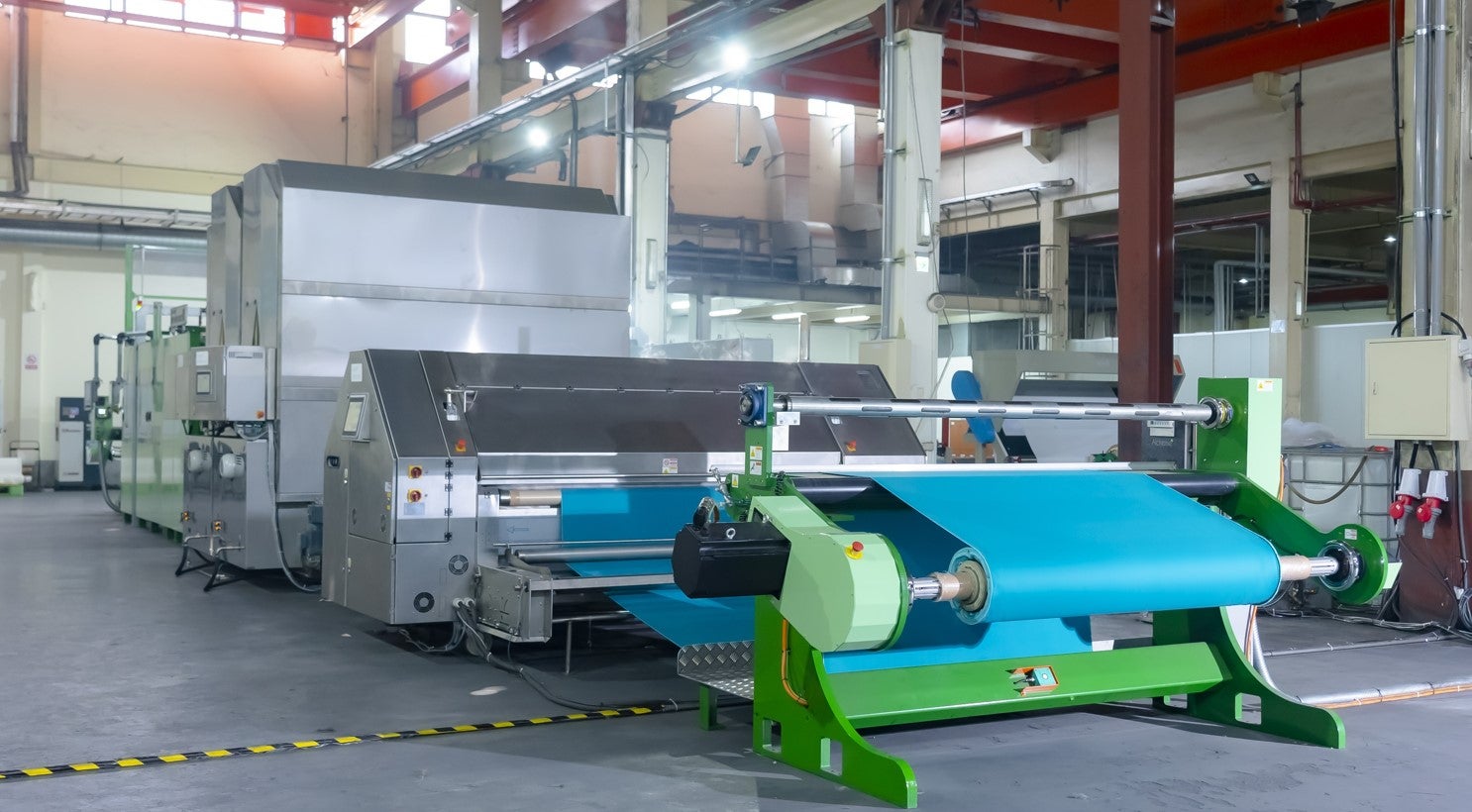
Alchemie opens digital textile dyeing production, demo hub
Clean digital textile dyeing technology firm Alchemie Technology aims to set a new standard for textile dyeing with the opening of its production and demonstration facility in Taiwan dedicated to woven polyester.

Inditex, H&M issue probe on ‘illegal deforestation' linked to cotton claims
An investigation by non-profit organisation Earthsight finds cotton linked to illegal deforestation, land grabbing and violence against local communities is being sold by retailers including H&M and Inditex-owned Zara.
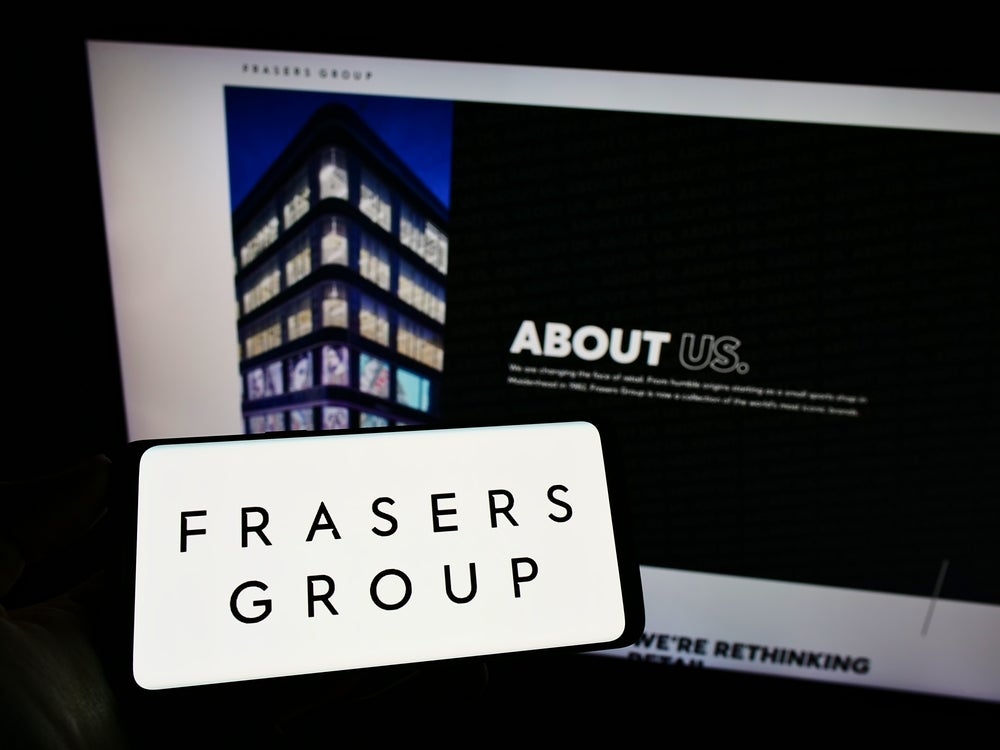
Frasers to dominate EMEA sports market with Twin Sport acquisition
Frasers Group has announced plans to acquire all shares in Twin Sport Holding, an omnichannel sports retailer based in the Netherlands, to become the “number one” sporting goods retailer in Europe, the Middle East and Africa (EMEA) and confirms plans for Dutch sports retailer Sprinter store takeover.
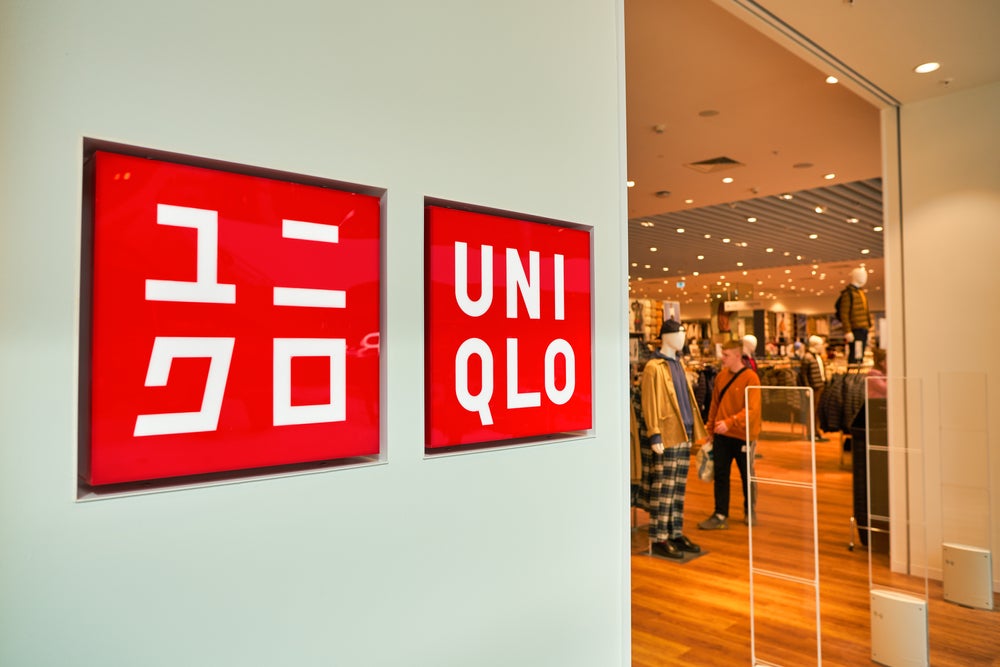
Fast Retailing H1 profit surges on Gu, Uniqlo International sales growth
In the first half of 2024, Uniqlo's parent company Fast Retailing Group saw revenues increase by 9%, with the Uniqlo brand performing well across most geographies and GU brand emerging as a key driver for the group's expansion.

Accelerating Circularity to launch circular textile production ‘blueprint'
Non-profit organisation Accelerating Circularity is unveiling its Global Cotton Report at the Circularity24 conference in Chicago next month in a bid to transform the textile industry from linear to circular.
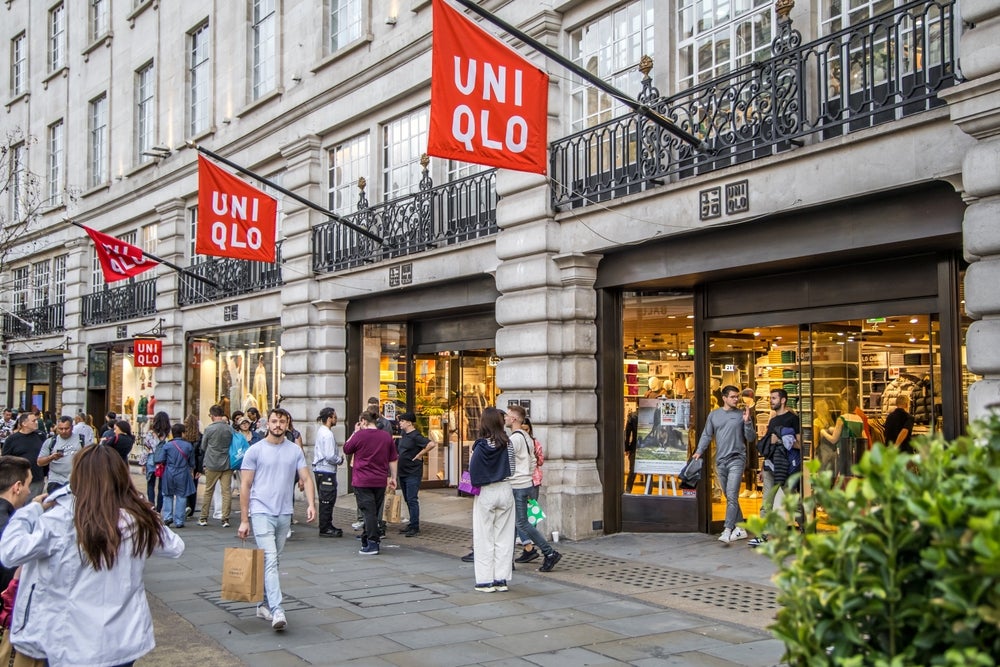
Uniqlo to open 11 new US stores as North American expansion continues
Fast Retailing-owned brand Uniqlo will open 11 new stores across Texas and California in 2024 as part of its wider store growth plans for North America.

Research shows how manufacturing choices can reduce microfibre shed
New research from the University of Leeds' School of Design shows how changes to fibre composition and the systems used to spin yarn could reduce the volume of microfibres released from textiles and lessen their harmful impact on the environment.
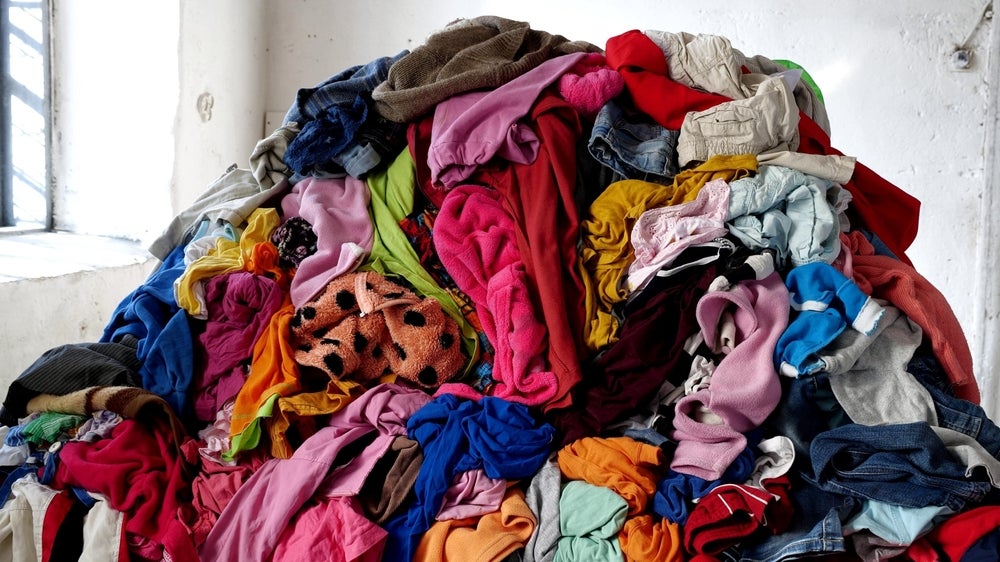
Five fashion brands criticised for unreal eco targets, overproduction
A new report claims five leading fashion companies do not have "convincing emission reduction plans" and have not committed to reducing overproduction or moving away from the fast fashion business model.
In our previous edition

Apparel Decoded
Myanmar apparel sector faces tough future as military risks losing civil war
10 Apr 2024

Apparel Decoded
IHKIB chairman: Türkiye predicts fresh push for apparel exports in H2 2024
09 Apr 2024

Apparel Decoded
Week in review: Shein profits surge as fashion recycling faces uphill struggle
08 Apr 2024
Newsletters in other sectors
Aerospace, Defence & Security
Automotive
Banking & Payments
Medical Devices
Technology
Travel and Tourism
Search companies, themes, reports, as well as actionable data & insights spanning 22 global industries
Access more premium companies when you subscribe to Explorer


